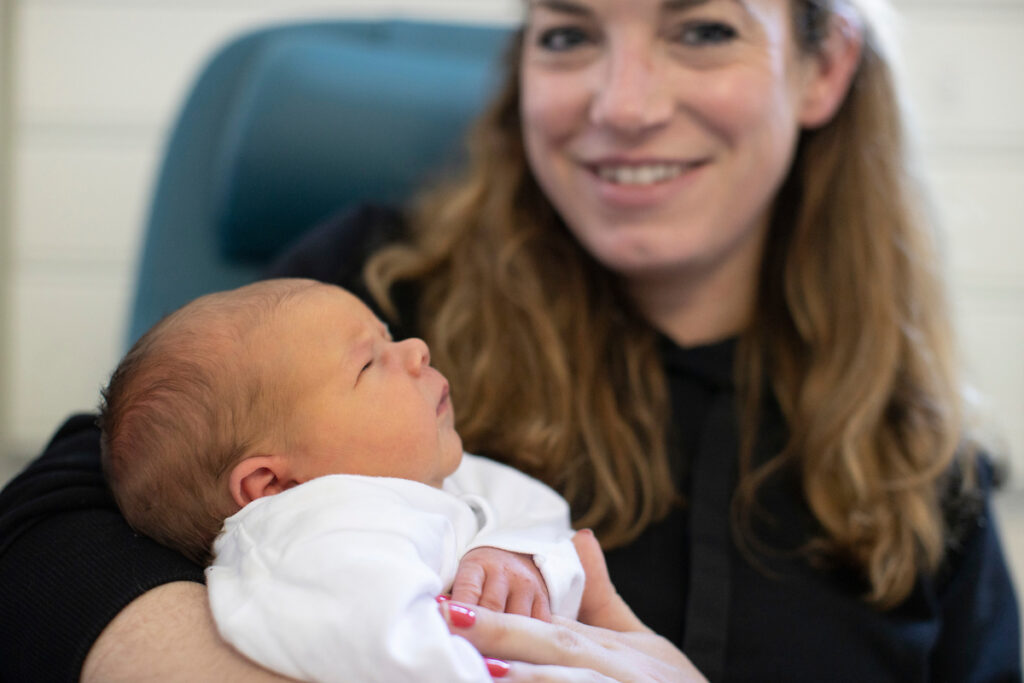Going Home - At Home
Home environment
- Your house does not need to be as warm as the neonatal unit. Get a room thermometer. Keep the room your baby is in at around 18°C (range 16–20°C). Babies do not need hot rooms to sleep in. If you are comfortably warm, that should be warm enough for your baby. See Sleep and sleep safety.
- Make sure your rooms aren’t too cold or too hot. Don’t put your baby close to heaters or in drafts.
- Keep a smoke free zone around your baby. Exposure to smoking puts your baby at a higher risk of SIDS or cot death. Children exposed to any smoke (in the air or on clothes) also have a higher risk of developing asthma and other breathing problems. It is best that no one smokes in your house or anywhere near your baby.

- During the first few days at home, limit visitors and phone calls. Visitors will only put extra stress and strain on you. Be honest if now is not a good time – you don’t have to answer all phone calls but make sure you can take calls from your PHN. Well-meaning visitors and callers will understand – your time at home is about you getting used to caring for your baby.
- Try to limit how much your baby is handled by others. It increases your baby’s risk of infection.
- Do not over-dress your baby. Remove any hat and extra clothes when you are indoors.
- Make sure that unwell people are not around your baby. Make sure that anyone who is handling your baby cleans their hands.
- Try to establish a sense of night and day by using a dim night light in the bedroom at night instead of a lamp.
- You may discover that your baby makes noises at night that you are not aware of. Most of the time these are normal preterm baby sounds. If concerned, ask for advice from your baby’s public health nurse (PHN) or doctor.
- It may take a few days to a week for you to adjust to having your baby/babies home. Your baby also needs time to adjust to the home environment.
- Hand hygiene is extremely important to protect against infection. Make sure that everyone washes or sanitises their hands before touching your baby. Alcohol gel is useful for when you are out and about.
- Do not expose your baby to visitors with cold or flu symptoms.
- If you have a cold or flu symptoms yourself do not over handle your baby and avoid kissing or sneezing over them.
- If you sneeze, use a disposable tissue to catch the sneeze and dispose; then wash or sanitise your hands. The cold and other respiratory viruses spread through droplets produced when you sneeze.
- Always use disposable tissues to wipe your baby’s runny nose.
- If your baby has sticky eyes, use cotton wool and cooled boiled water to clean. Ask your baby’s nurse to teach you.
- Clean toys, work surfaces and high-chairs regularly.
- If you have children who attend crèche or school, ensure that they do not over-handle your preterm baby. Ask the school to keep you informed of any outbreaks of childhood illnesses.
- You need to be extra careful of viral flu-like infections, especially during the flu season from October to March. If your baby is born from October to March, it may be necessary for you or those caring for your baby to receive the flu vaccination – check with their GP. Babies can receive the flu vaccine from 6 months of age.
- Consult your baby’s doctor if planning to travel by plane or abroad with your baby.
- If your baby is bottle fed, it is important to prepare and handle feeds safely. Ask staff for further information.
- Follow the advice regarding contagious diseases and cold sores in the section ‘Protecting your baby from infection’ LINK.


